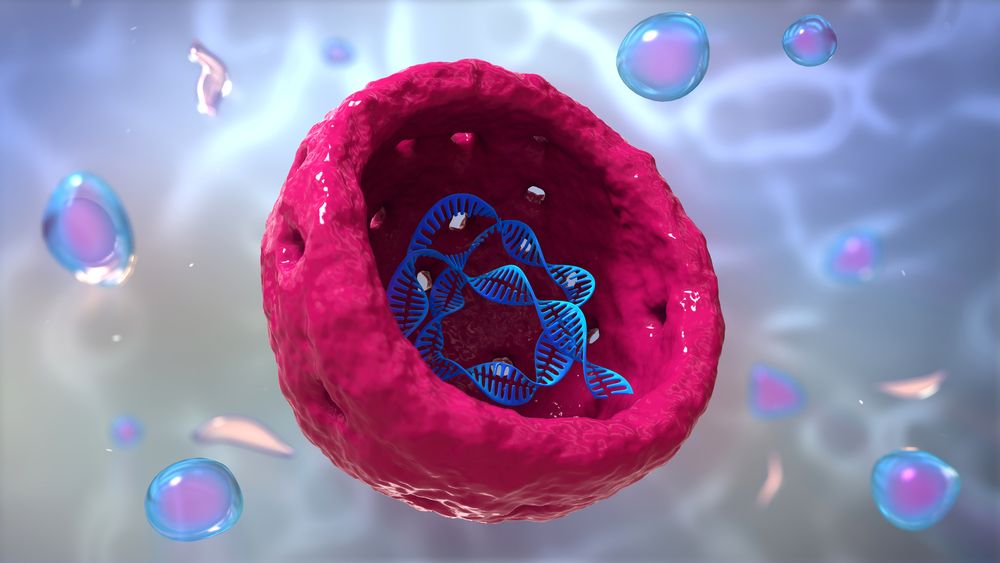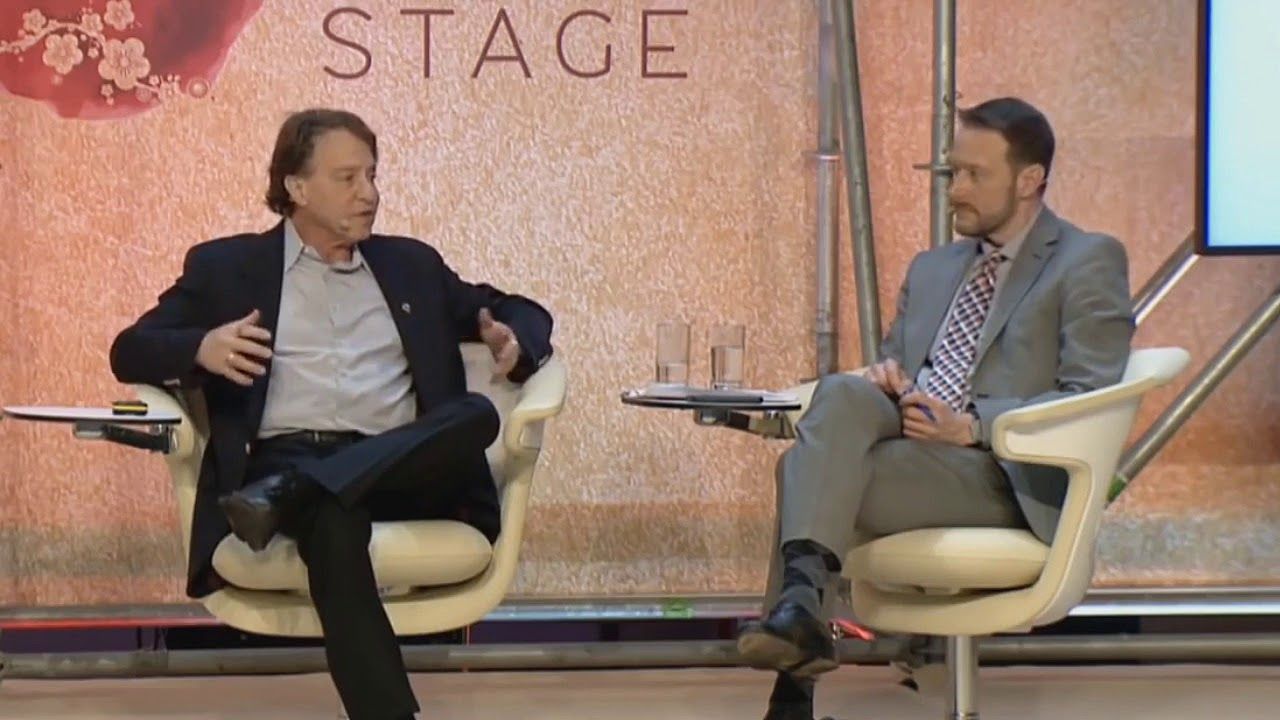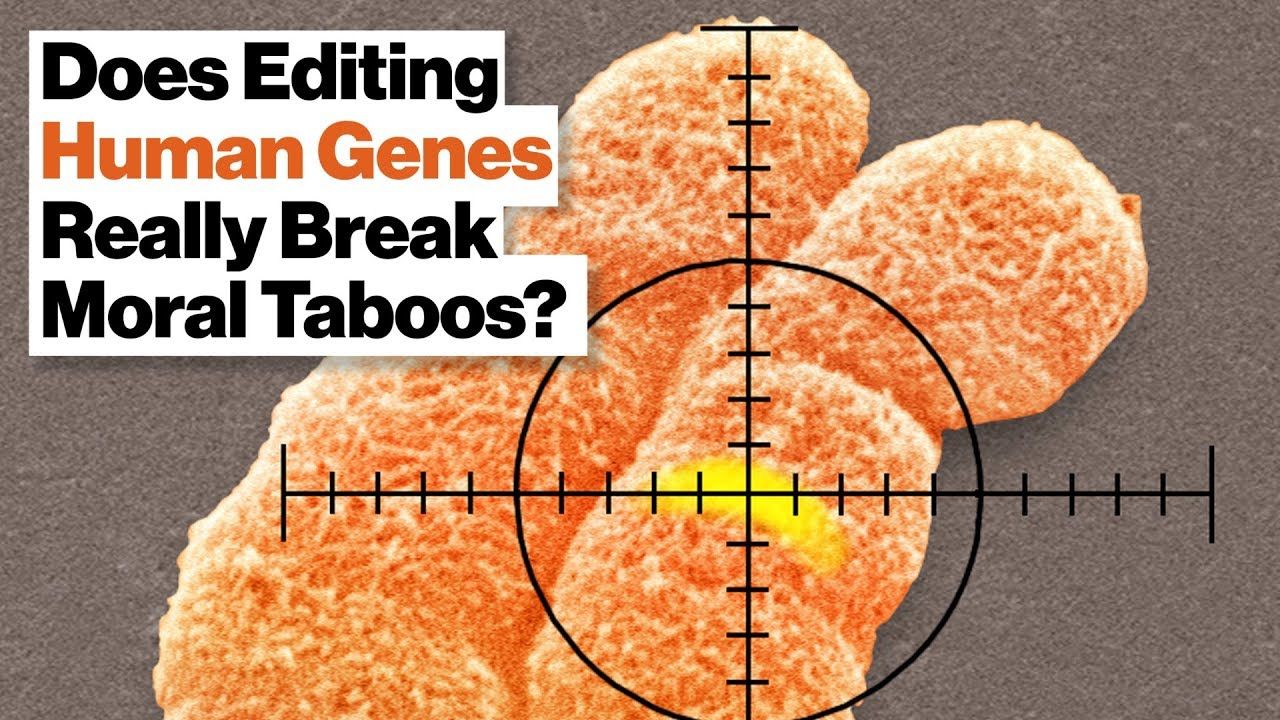Sep 4, 2017
News from Lifespan.io campaigns
Posted by Nicola Bagalà in categories: life extension, robotics/AI
In case you’ve missed the news, Lifespan.io has another crowdfunding campaign running right now!
Before I’m too late for the party, I’d like to let you know that Lifespan.io’s crowdfunding campaign AgeMeter for the development of a diagnostic system to measure functional human age has been extended by two weeks. Presently, 70% of the necessary funds have been collected, i.e. a little over 20.000 dollars out of 30.000. It would be great if yet this other campaign made it to its goal, so if you haven’t made your donation yet, please do—remember, there’s no such thing as a donation which is too small: Broadly speaking, as long as the amount you donate is a positive real number, it is much appreciated! The AgeMeter campaign will end on September 16, 2017.


















